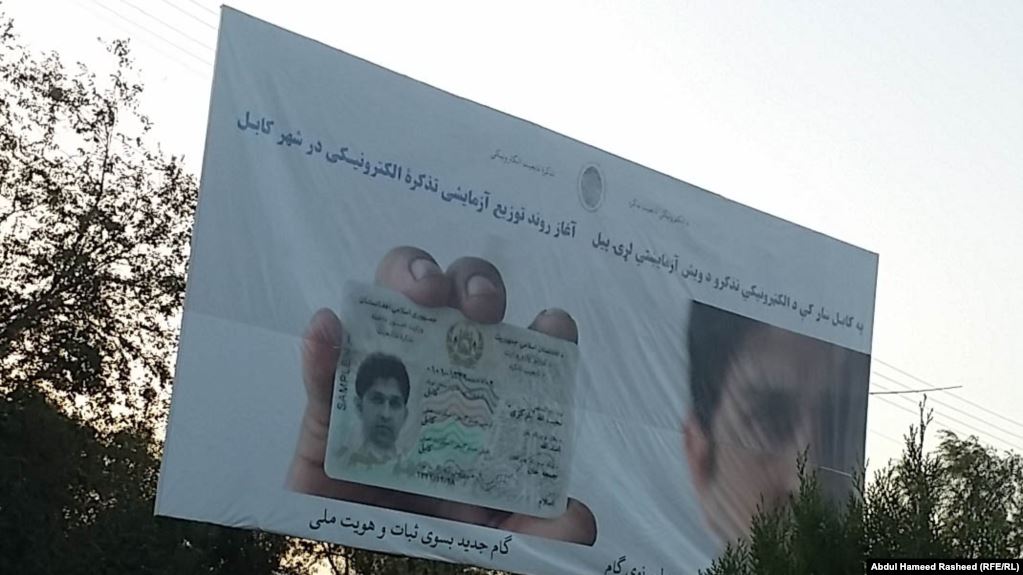

1. amendment (n)
a change to a law that is not yet in operation and is still being discussed
2. advocates (n)
someone who publicly supports something they believe in
3. setbacks (n)
something that happens that delays or prevents a process from developing
4. decree (n)
an official statement that something must happen
5. parliament (n)
in some countries, the group of (usually) elected politicians or other people who make the laws for their country
6. interim (adj)
temporary and intended to be used or accepted until something permanent exists
Afghan Mothers' Names To Be Printed On Children's National ID Cards

Afghan mothers will have their names on their children’s national identification cards, after a years-long campaign by women’s rights advocates.
President Ashraf Ghani on September 18 signed into law the amendment to the country’s Citizens Law. The change has been long sought by rights activists in the deeply conservative and religious country where women are identified by the names of their male relatives.
For men, revealing the names of their female relatives in public is considered shameful. Until now, only a father’s name was printed on ID cards.
Based on Ghani’s decree, a draft of which was recently passed by parliament, mothers’ names will be included alongside fathers’ names on birth certificates and national identity cards.
The change comes after a high-profile campaign by Afghan women under the hashtag #WhereIsMyName. “The mother’s name is officially included in the national identity cards, along with other personal details,” Ghani’s spokesman, Sediq Sediqqi, said on Twitter on September 18.
“This will have immediate real-world consequences for women, making it easier for them to obtain education, health care, and passports and other documentation for their children, and to travel with their children,” Heather Barr, an interim co-director of the New York-based Human Rights Watch, said in a statement on September 18.
Barr added that the decree is important amid ongoing peace talks between the Afghan government and the Taliban extremist group in Qatar.
Rights activists have raised concerns that a political settlement with the militant group could result in setbacks for women’s rights. Under Taliban rule, girls and women were banned from working and going to school.

- Where will the mother’s name be put alongside?
- What questions would you like to ask the Afghan government?
- How would you feel if you didn’t have equal rights?
"If you want something said, ask a man; if you want something done, ask a woman."
Margaret Thatcher

 Advanced
Advanced
